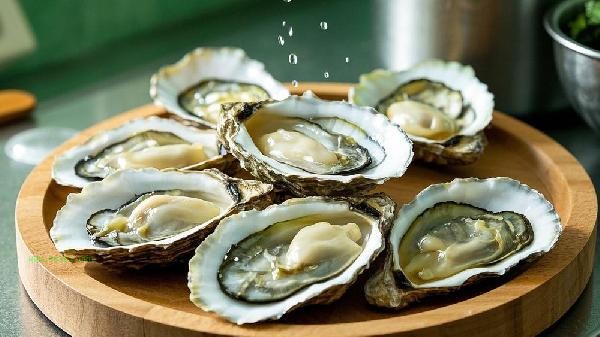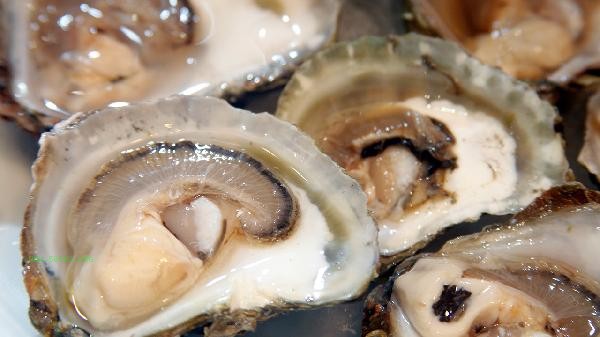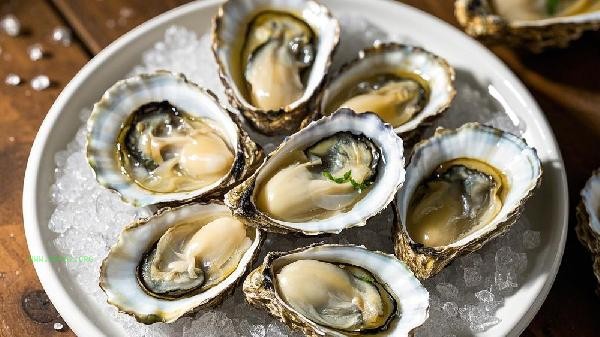Moderate consumption of oysters has certain benefits for men's health, while excessive consumption may cause gastrointestinal discomfort or the risk of heavy metal accumulation. Oysters are rich in nutrients such as zinc, high-quality protein, taurine, selenium, and vitamin B12, which help enhance immunity, maintain reproductive function, promote muscle synthesis, resist oxidation, and improve fatigue.

1. Zinc supplementation
Oysters are natural high zinc foods, and zinc is involved in male testosterone synthesis and sperm production. Moderate intake can help maintain prostate health and improve sperm motility and quantity. Zinc also participates in immune cell differentiation and has an auxiliary effect on enhancing resistance. Long term zinc deficiency may lead to decreased sexual function or delayed wound healing.
2. High quality protein source
Oysters provide high-quality protein that contains essential amino acids for the human body and is easy to absorb and utilize. Protein is a raw material for muscle synthesis and is crucial for maintaining male physical strength and recovery from exercise. Its low-fat characteristics are suitable for fitness enthusiasts to supplement, but it should be noted that some people may be allergic to seafood protein.
III. Taurine Effect
Taurine in oysters helps regulate nervous system function and alleviate post exercise fatigue. This substance participates in bile acid binding, promotes lipid digestion and absorption, and has potential benefits for cardiovascular health. Moderate supplementation of taurine for alcoholics can assist in reducing the damage of alcohol to the liver.

4. Selenium Effect
Each 100 grams of oysters contains about 86 micrograms of selenium, which is an important component of glutathione peroxidase and can eliminate free radicals in the body. The synergistic effect of selenium and vitamin E can protect reproductive cells from oxidative damage, which has a positive significance for maintaining male fertility.
V. Vitamin B12 Supply
Oysters provide vitamin B12 content that exceeds daily demand by 10 times, and this vitamin is involved in red blood cell generation and nerve myelin formation. Vegetarians or individuals with gastrointestinal absorption disorders can prevent pernicious anemia by supplementing with oysters, but gout patients need to control their intake to avoid excessive purine intake.

It is recommended that adult males consume no more than 500 grams of oysters per week and prioritize fresh steaming. Eating vegetables and fruits rich in vitamin C can promote iron absorption and avoid consuming high tannic acid foods that can affect mineral utilization. People with chronic hepatitis, hyperuricemia, and allergies should consume with caution. Daily diet should be diversified, and one should not rely solely on one type of food to achieve health goals. If discomfort symptoms such as diarrhea and rash occur, one should stop eating and seek medical attention in a timely manner.








Comments (0)
Leave a Comment
No comments yet
Be the first to share your thoughts!